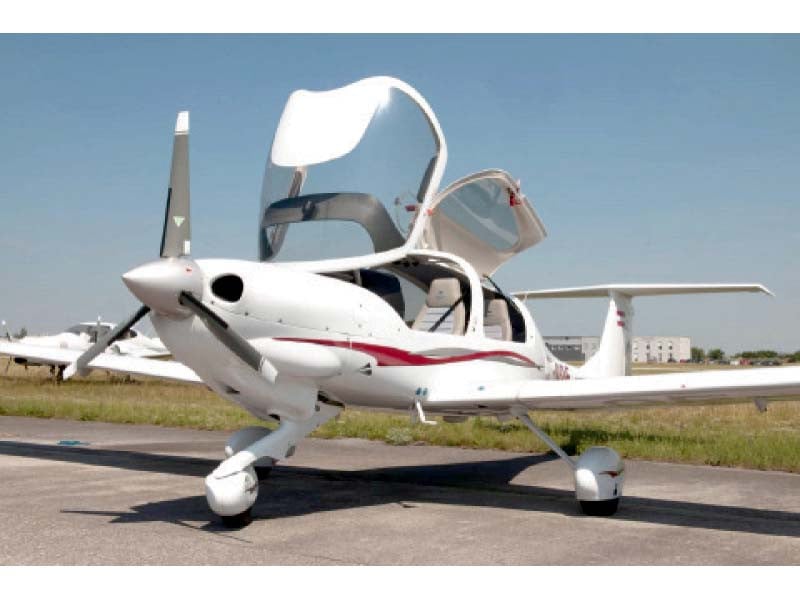
Air taxi services have taken flight in Pakistan, marking a significant milestone in the country’s transportation industry. This revolutionary mode of urban mobility is set to transform the way people travel in major cities. Such as Karachi, Lahore, and Islamabad. With air taxis now operational, commuters can expect reduced travel times, improved accessibility, and a luxurious travel experience.
The introduction of air taxi services in Pakistan is a testament to the country’s commitment to embracing innovative transportation solutions. Several companies have embarked on pilot programs to test the feasibility and effectiveness of air taxis in the local context. This development aligns with global efforts to address traffic congestion and explore sustainable transportation options.
One of the primary advantages of air taxis is their ability to significantly reduce travel time. By flying above-congested roads, passengers can avoid the frustrations of traffic jams and arrive at their destinations in a fraction of the time it would take using traditional ground transportation. This is particularly beneficial for business travelers and individuals with time-sensitive commitments, enabling them to optimize their schedules and increase productivity.
In addition to time savings, air taxi services also contribute to reducing carbon emissions and promoting environmental sustainability. These futuristic aircraft utilize electric propulsion systems, making them more environmentally friendly compared to conventional gas-powered vehicles. By embracing air taxis, Pakistan can work towards achieving its climate goals. While improving air quality and reducing pollution in urban areas.
Another key advantage of air taxis is their potential to enhance accessibility, especially for remote and underserved communities. These services have the ability to connect these areas with major urban centers, facilitating economic development and social integration. This newfound connectivity can unlock opportunities for businesses, improve access to education and healthcare, and bridge the gap between rural and urban areas.
Booking an air taxi is a seamless and convenient process. Passengers can easily book flights through user-friendly mobile applications, enabling on-demand transportation at their fingertips. With multiple landing pads strategically located throughout the city, passengers can access air taxis from various locations, further enhancing convenience and accessibility.
While the introduction of air taxi services brings immense potential, there are challenges that need to be addressed. Infrastructure development, airspace regulations, and ensuring passenger safety are critical considerations that require careful planning and collaboration among stakeholders. Establishing clear guidelines, safety protocols, and air traffic management systems will be crucial for the successful and sustainable operation of air taxi services in Pakistan.
In conclusion, the launch of air taxi services in Pakistan marks a significant milestone in the country’s transportation industry. With reduced travel times, improved accessibility, and a commitment to environmental sustainability, air taxis are poised to revolutionize urban mobility. By embracing this innovative mode of transportation and addressing the associated challenges, Pakistan has the opportunity to create a more efficient, interconnected, and sustainable transportation system for its citizens.
